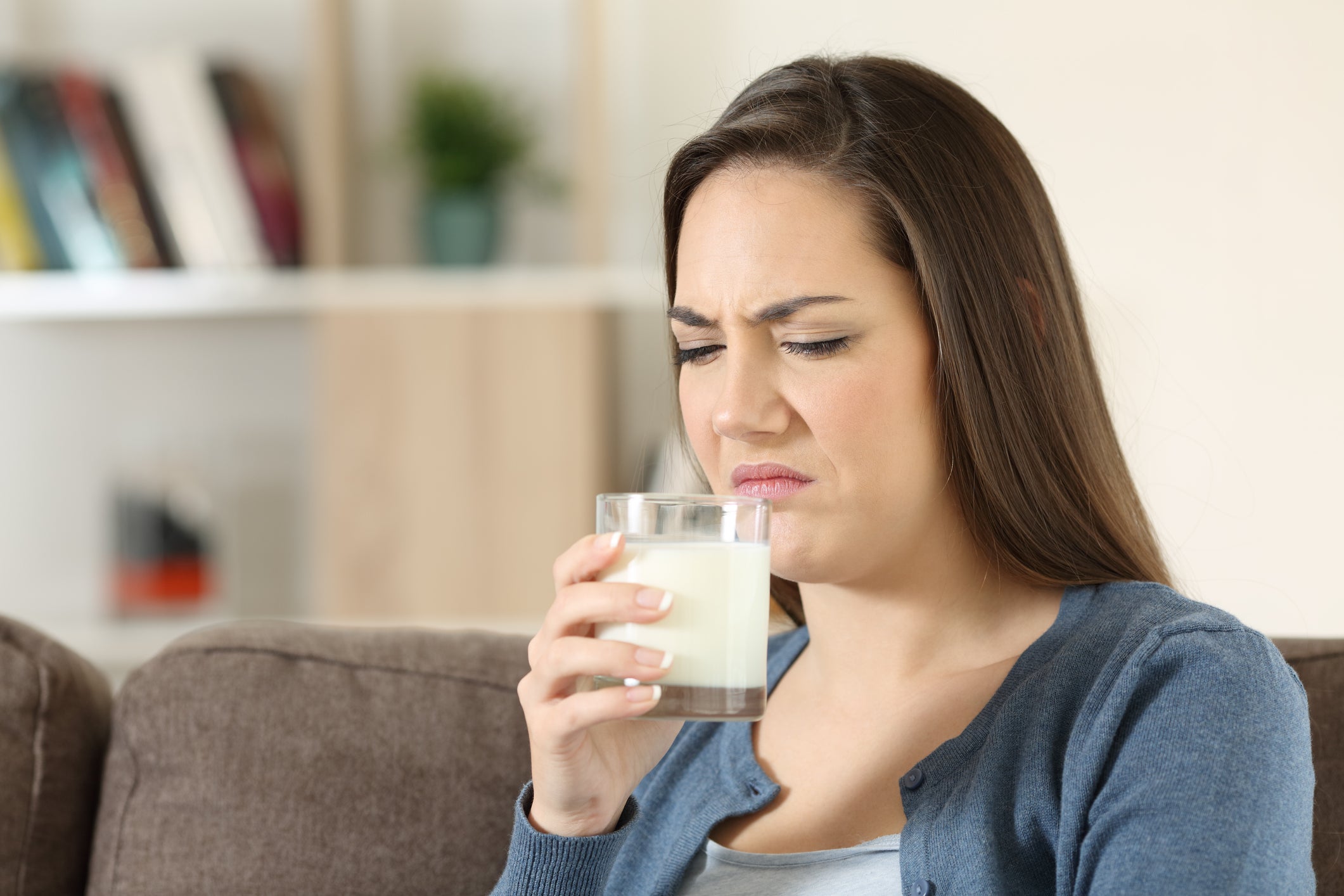Why does milk get a skin, and why do bad eggs float?
We explore the curious questions that science can answer

Why does milk get a skin when it cools down?
The skin is a complex of casein, a milk protein, and calcium. It is the result of evaporation at the surface of the milk, which concentrates the proteins there. Skin formation can be minimised by covering the pan or by whipping up a little foam, both of which slow down the rate of evaporation.
Why are so many drugs addictive?
People can get addicted to all sorts of substances, including alcohol, nicotine, cannabis, opiates, cocaine, antidepressants and even chocolate. Scientists think that addictive substances stimulate a “pleasure pathway” in the brain. Making certain activities pleasurable – such as eating, drinking and sex – ensures that we continue these essential functions, which aids our personal and species survival. Addiction probably happens by the same system, but it is often harmful rather than helpful. Addictive drugs seem to affect the pleasure pathway so that the person needs more and more to get the same feeling. Stopping generally leads to distressing withdrawal symptoms, which tend to push the addict back towards use of the drug.
How do fruit or potato-driven clocks work?
In exactly the same way as a battery! Inside a battery there is a chemical concoction called an electrolyte. This contains lots of charged particles. We then need two conducting rods of different materials (in the case of a battery these are often carbon and zinc, in the case of the potato clock they are simply metal rods, perhaps brass and steel). They must be of different materials because they must have different reactivities. The negative particles in the electrolyte become attracted to the more reactive one. In this way negative particles build up at one metal and positives at the other.
If we join a wire between the two, the electrons in the wire move away from the negative particles and towards the positive ones. A current will flow in the wire, which, although it is quite small, is enough to run a small clock or a torch bulb.
Why, when you fan yourself, is the air cold even when the surrounding air is hot?
The fanning of air doesn’t cool it down; it merely makes you feel cooler. The coolness is caused by various factors. The increased airflow over your body makes sweat evaporate from the skin, and this change in state (from liquid to vapour) draws energy (heat) from your body, thus cooling you down. Wind chill is also a factor: this is a measure of how cold you feel when you are exposed to a wind. For example, if the temperature is 5C and the wind speed is 20mph, the wind-chill factor takes you to minus 6C, although water will not freeze.
Why is chickenpox called chickenpox?
There is some suggestion that chickenpox’s name arose because of the mildness of the disease, compared with smallpox; or that it has some distant connection, or possibly even origin, with chickens.
Another explanation is that this name is an allusion to chickpeas – from the Latin word cicer meaning chickpea – due to a vague resemblance of the pox’s skin eruptions to chickpeas.
How do the chemicals in hair dye change the colour of your hair?
Hair colour is down to melanin, which produces the various shades from blonde to black. Melanin is produced by cells called melanocytes that live within the hair follicles.
There are two main types of hair dye and they work in different ways. Dyes that contain peroxide – a bleach – strip out all the melanin and replace it with the dye. In this case if you stripped away the coloured dye you would be left with no colour at all. Semi-permanent dyes, such as those that last for six to eight weeks, work by just coating the shaft of the hair with colour. These types of dye can be removed to reveal your natural colour as they do not affect the melanin inside the hair.
Why do bad eggs float?
As soon as an egg is laid it starts to lose moisture through its shell. This moisture is replaced by air, which makes the air sac in the egg larger, and the egg less dense. At the same time, proteins in the egg white break up, producing hydrogen sulphide – which smells horrible. This gas eventually makes the egg light enough to float.






Join our commenting forum
Join thought-provoking conversations, follow other Independent readers and see their replies
Comments